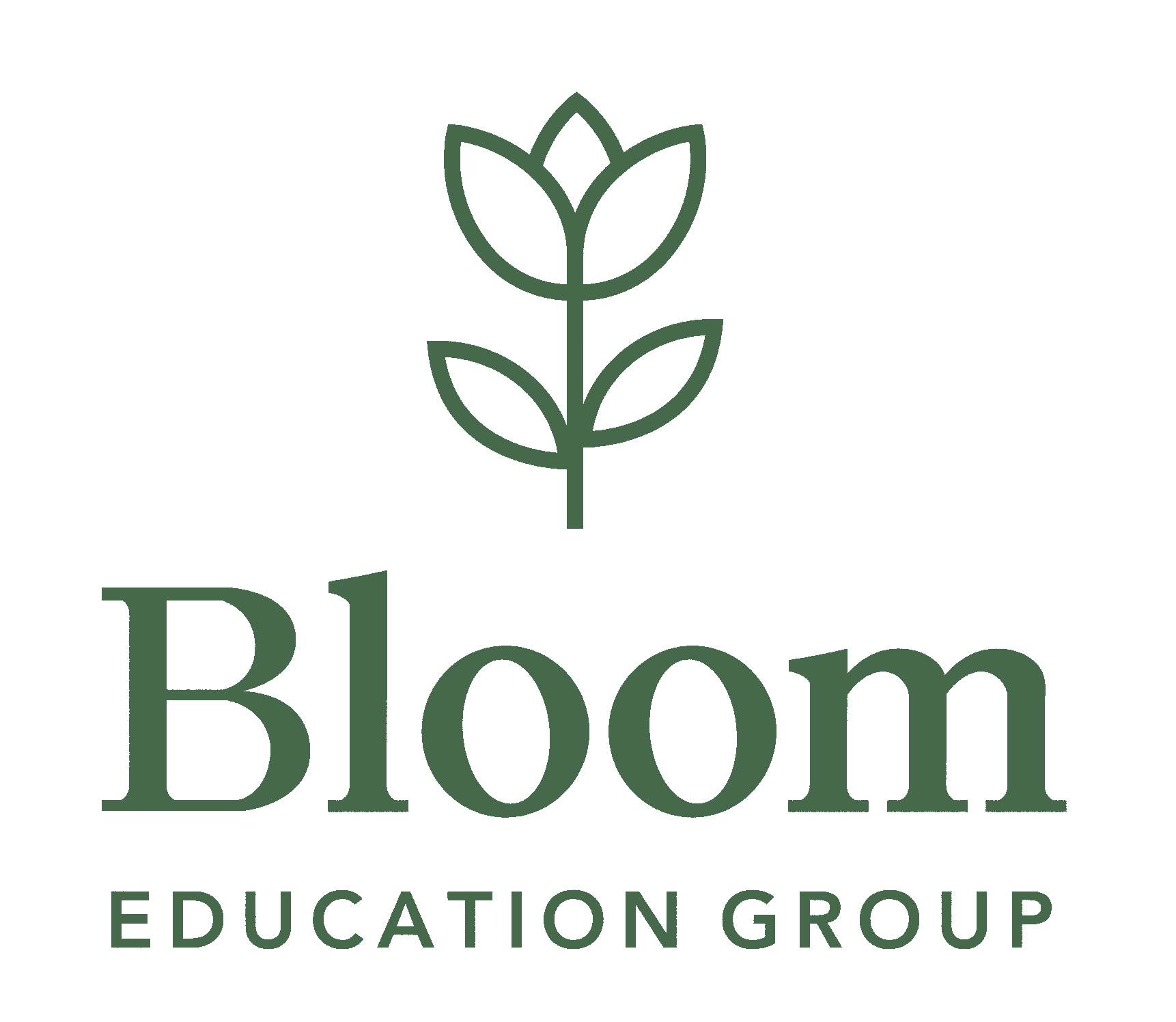Strategic Grant Support for Coahoma Community College
A Case Study
Bloom Education Group has partnered with Coahoma Community College (CCC) for several years, giving us deep insight into the college’s mission, operations, and community context. This longstanding relationship positioned Bloom to provide highly targeted support when CCC pursued a Delta Regional Authority (DRA) grant to develop a 12-month Workforce Development Master Plan for the economically distressed Mississippi Delta.
Building a Collaborative, Well-Rounded Application
Because of our familiarity with CCC, we were able to engage effectively with key stakeholders across faculty and staff to ensure that the grant application reflected the institution’s strengths, goals, and community-centered vision. By understanding the college’s internal capacity, infrastructure, and program offerings, we were able to develop a proposal grounded in data and aligned with regional labor market needs.

The Pinnacle Gymnasium is the home of the Coahoma Community College men's and women's basketball teams.
Stakeholder Engagement and Relationship Building
We worked closely with CCC’s leadership to involve students, employers, and community partners in the planning process. This approach not only strengthened the application but also helped CCC establish and deepen its relationship with the DRA. By facilitating direct engagement with the funder, we ensured the proposal conveyed both readiness and commitment to deliver measurable impact, while also giving funders a clearer understanding of CCC’s vision for workforce development.
Project Overview: CCC Workforce Development Master Plan
The Master Plan provides a strategic and actionable blueprint to guide workforce development growth over 12 months. Using a four-phase approach—Discovery & Preparation, Data Collection & Analysis, Strategy Development, and Plan Finalization & Implementation—the plan centers community and employer partnerships, aligns academic programming with local labor market needs, and integrates student perspectives to ensure relevance and accessibility.
The plan directly addresses critical challenges in the Mississippi Delta, including high unemployment (46.7%), widespread poverty (36%), low levels of postsecondary attainment (25% with a bachelor’s degree or higher), and systemic barriers to economic opportunity. It leverages emerging economic opportunities in advanced manufacturing, healthcare, and agricultural technology, while preparing students for the integration of AI in these industries.
Goals and Anticipated Impact
The Master Plan is structured around three core goals:
- Establish a Data-Informed Foundation – Align programming with labor market demands, assess internal capacity, and prioritize evidence-based initiatives.
- Strengthen Employer and Community Partnerships – Build sustainable networks with local businesses, industry leaders, and community organizations to expand work-based learning and direct employment pathways.
- Promote Regional Economic Development – Prepare a skilled workforce that supports local economic growth, reduces unemployment, and attracts new investment to the region.
The plan ensures students’ voices are central to decision-making, guiding the creation of career-aligned pathways that enable meaningful employment and long-term success. Local employers gain access to a skilled talent pool, while the broader community benefits from economic growth, reduced unemployment, and expanded opportunity.
Outcome
Through our support, CCC submitted a well-rounded, stakeholder-informed DRA application that reflected the institution’s readiness, regional focus, and strategic vision. Our collaboration demonstrates the value of deep institutional knowledge, strong stakeholder relationships, and strategic funder engagement in achieving successful grant outcomes.
